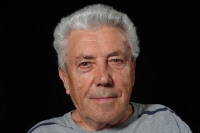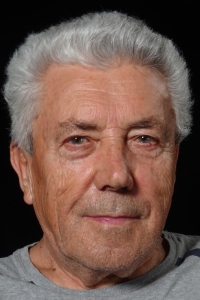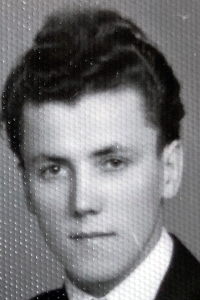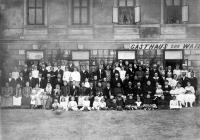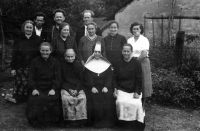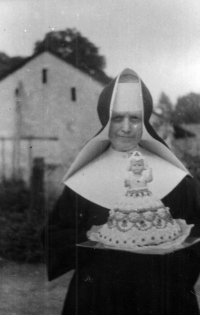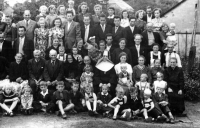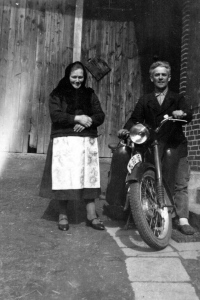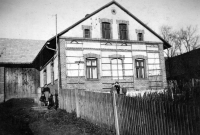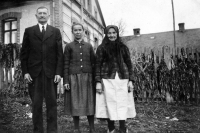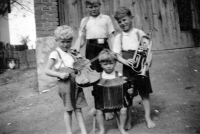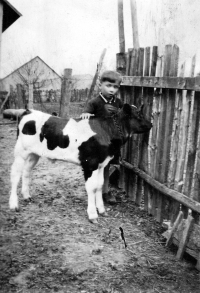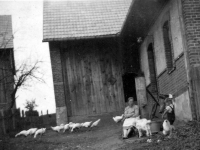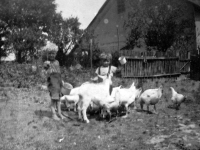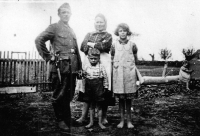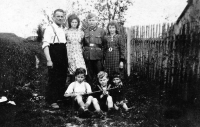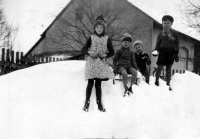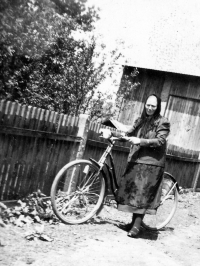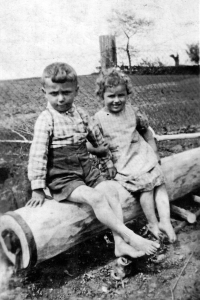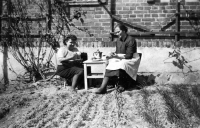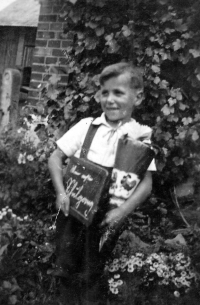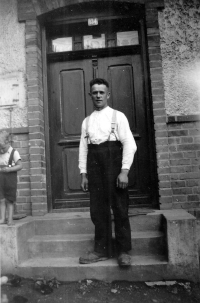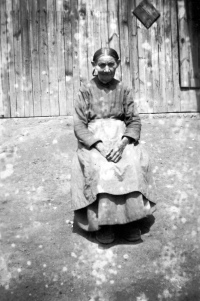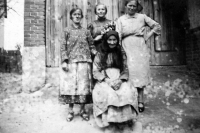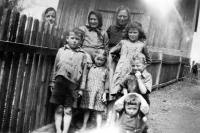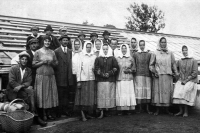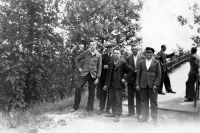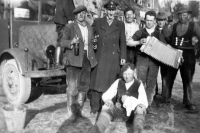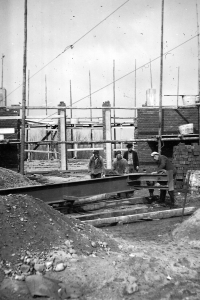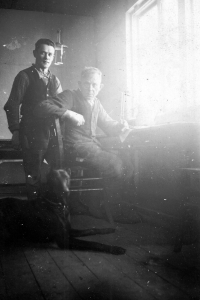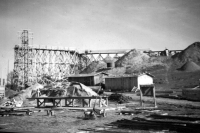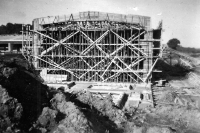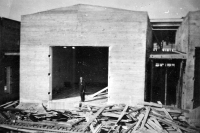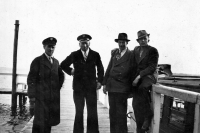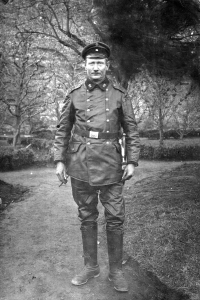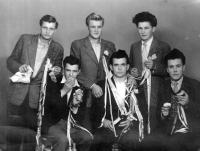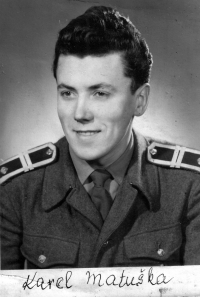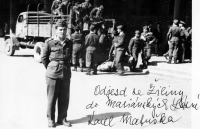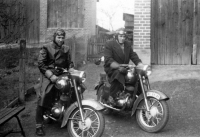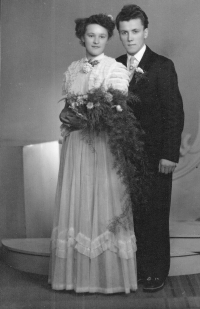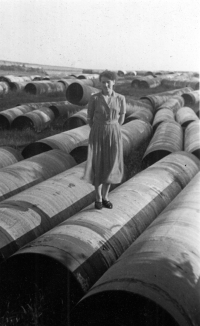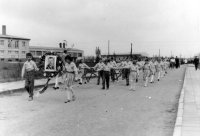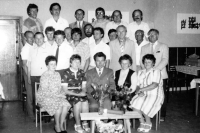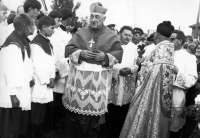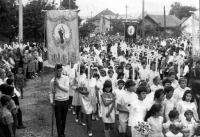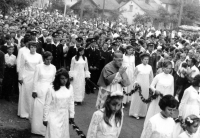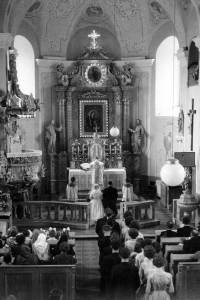I don’t claim to be Czech. I certainly don’t belong to the Germans. We are Silesia here.
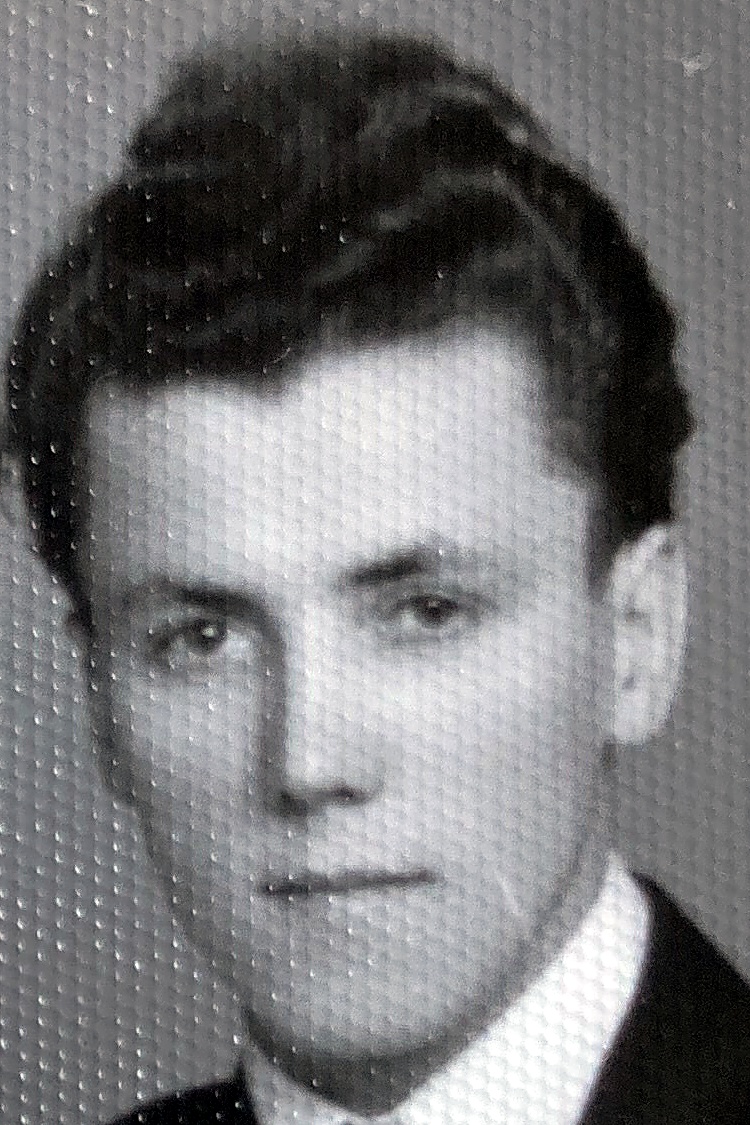
Download image
Karel Matuška was born into the family of Josef Matuška, a carpenter, in Hať on 24 June 1937. According to the civil registry record, the Matuškas lived in Hať as early as the end of the 17th century, when the civil registry was introduced. His mother Gertruda, née Sládková, came from neighbouring Šilheřovice. During the First Republic, her father Josef worked in the mines in the Ostrava region. During the crisis he lost his job and commuted to the German port of Kiel for work. In 1941 he had to enlist in the Wehrmacht. Karel Matuška experienced the battles of the Ostrava-Opava Operation in Hata, witnessed the expulsion of the German army and the violence of the Red Army against the civilian population. With the end of the war in 1945, he experienced the uncertainty of the inhabitants of the Hlučín region, who were threatened with expulsion to Germany. He trained as a locksmith and worked at the Armaturka Dolní Benešov company. He manufactured parts for the construction of the oil and gas pipeline from Russia to Europe. He never joined the Communist Party. It did not fit in with his beliefs and his Catholic faith. At the time of the recording in August 2024, he was living in his family home in Hať and possessed a rich archive of photographs and documents.
